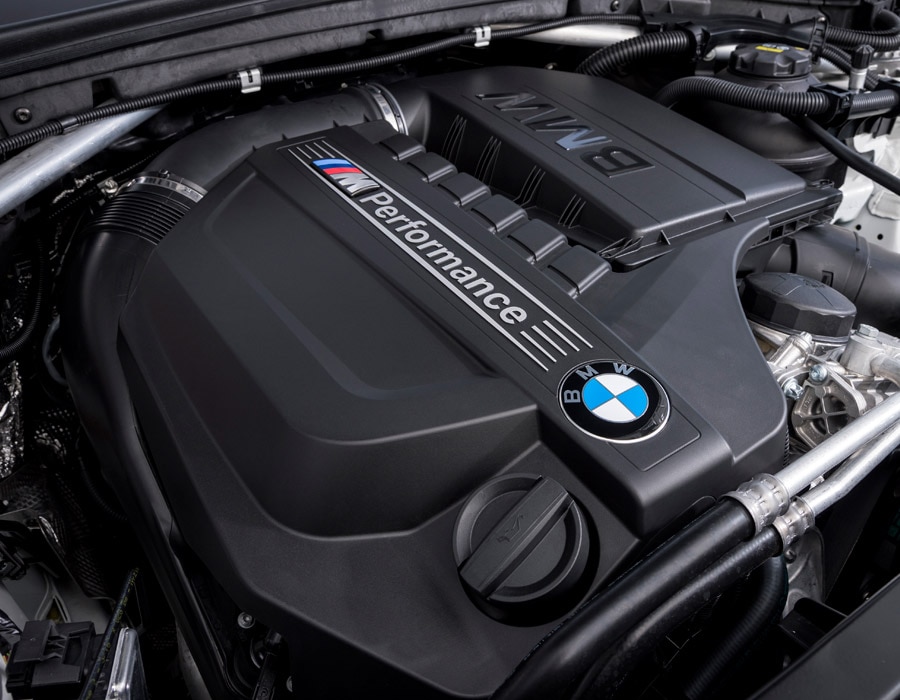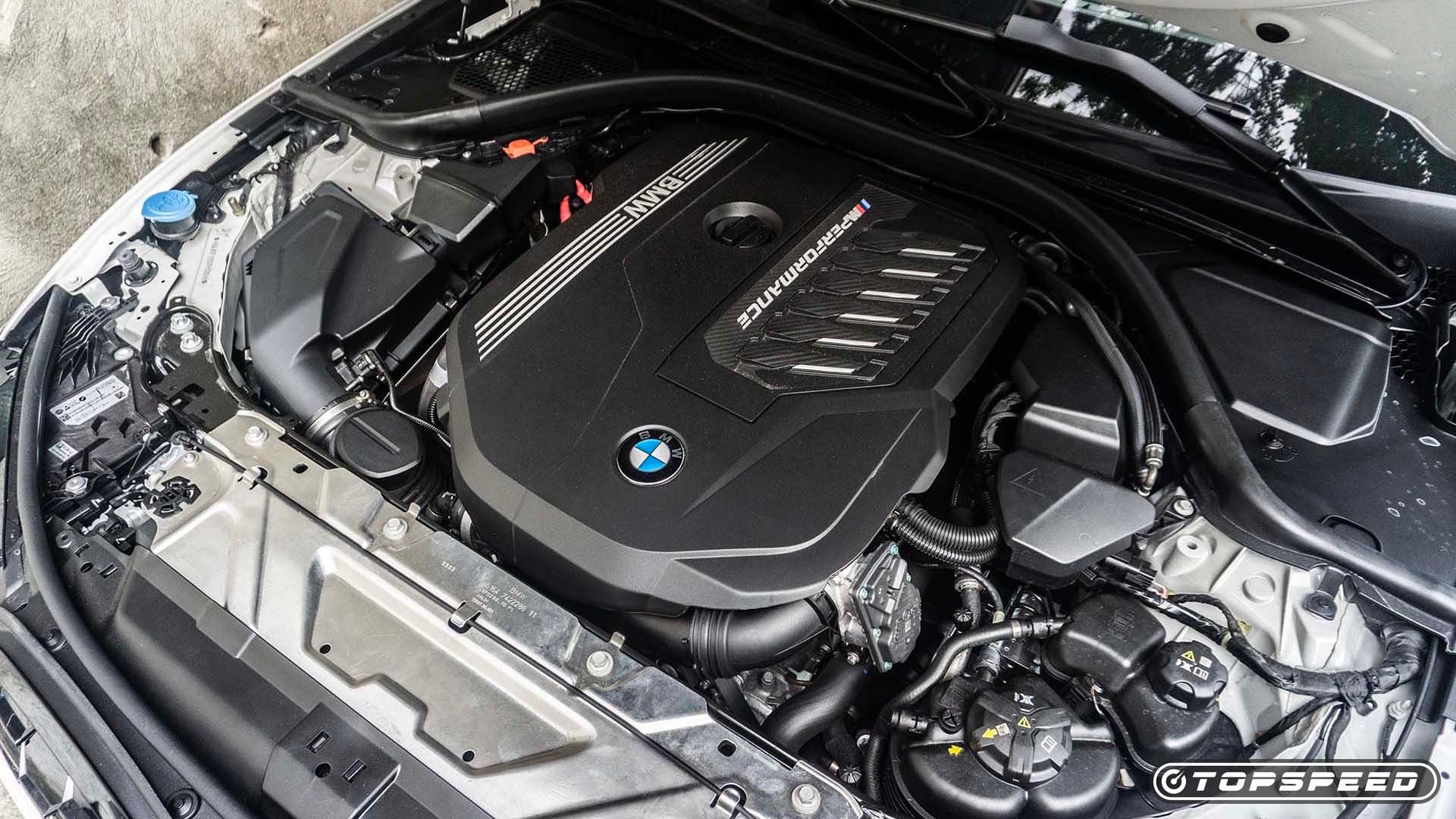Leading 5 BMW Engine Technologies Reinventing the Automotive Market
Leading 5 BMW Engine Technologies Reinventing the Automotive Market
Blog Article
Unveiling the Intricacies of Next-Generation Power Units: a Deep Dive Into Advanced Engine Advancements and layouts
In the world of auto design, the relentless pursuit of efficiency, performance, and sustainability has pushed the development of power devices to extraordinary elevations. As we stand on the precipice of a new period in transport, the complexities of next-generation engine styles beckon us to explore the cutting-edge modern technologies and technologies that guarantee to redefine the driving experience. From sophisticated materials that press the borders of durability and weight decrease to advanced turbocharging and supercharging systems that elevate power result to brand-new levels, each component of these power devices holds a crucial to unlocking the future of automotive design. Digging deeper right into the realms of exhaust control, smart engine management systems, and the perspective of power system advancement, we discover ourselves on the cusp of a change that assures to improve the landscape of mobility as we understand it.
Development of Engine Products

The change in the direction of advanced engine products has additionally enabled designers to design engines with higher power outputs while preserving gas performance standards. The usage of light-weight products decreases the general weight of the engine, leading to enhanced fuel economic climate and reduced emissions. Furthermore, advancements in materials technology have permitted better thermal management within engines, resulting in increased integrity and long life.
Turbocharging and Supercharging Technologies
Just How do Turbocharging and Supercharging Technologies change engine performance and efficiency in modern-day automobiles? Turbocharging and turbo charging are technologies that dramatically improve engine performance by increasing the quantity of air intake right into the burning chamber. Turbocharging accomplishes this by using a generator driven by exhaust gases to pressurize the consumption air, while supercharging makes use of a belt- or chain-driven compressor to accomplish the very same impact.
These technologies make it possible for smaller, extra fuel-efficient engines to produce power equal to larger ones, referred to as downsizing. Forcibly even more air into the cyndrical tubes, turbo charging and turbocharging enhance burning efficiency, causing increased horse power and torque outcome without a substantial increase in engine dimension. This leads to much better velocity, pulling capacity, and general driving efficiency.
Furthermore, turbo charging and turbocharging add to enhanced fuel performance by permitting the usage of smaller sized engines that consume less gas under normal driving conditions - bmw engine. This mix of boosted performance and effectiveness has actually made turbocharging and turbo charging essential elements of several contemporary engine styles
Discharge Control and Environmental Impact
With raising international concerns pertaining to air quality and environmental sustainability, the implementation of emission control innovations in lorries plays a vital duty in reducing damaging contaminants launched right into the ambience. check over here Modern vehicles are equipped with sophisticated discharge control systems that assist decrease the ecological influence of automotive operations. Catalytic converters, as an example, are designed to convert hazardous gases such as carbon monoxide gas, nitrogen oxides, and hydrocarbons into less damaging compounds like co2 and water vapor.
Furthermore, advancements in engine technology, such as the integration of exhaust gas recirculation systems and discerning catalytic decrease, have actually significantly added to decreasing exhausts. These innovations operate in tandem to optimize burning performance and decrease the launch of dangerous contaminants into the air. Furthermore, the development of crossbreed and electrical automobiles represents a vital action towards decreasing the total ecological footprint of the transportation industry.
Intelligent Engine Management Systems

Additionally, these systems enable vehicles to fulfill strict exhausts requirements without endangering performance, providing an extra ecologically friendly driving experience. The combination of expert system and machine understanding abilities in engine monitoring systems continues to press the boundaries of what is possible, bring about more renovations in effectiveness, reliability, and overall car performance. bmw engine. As automobile innovation developments, intelligent engine management systems will play a vital role fit the future of transport towards a more lasting and efficient direction
Future Trends in Power Unit Advancement
As smart engine administration systems pave the method for click for more info improved control and optimization in modern automobiles, future fads in power unit development are positioned to redefine the landscape of vehicle propulsion modern technologies. These different power resources use enhanced efficiency and performance while straightening with rigorous ecological guidelines.
One more considerable trend is the integration of innovative products and producing methods. Lightweight products such as carbon fiber and light weight aluminum are being used to minimize general car weight, enhancing fuel performance and efficiency. Furthermore, improvements in 3D printing and additive manufacturing are allowing the production of complex engine components with greater accuracy and longevity.
In addition, fabricated intelligence and artificial intelligence are playing a critical role in optimizing power system performance. These technologies enable real-time monitoring and flexible control, bring about extra reliable and trusted power shipment. Overall, future trends in power device advancement are tailored in the direction of sustainability, effectiveness, and performance, driving the auto market in the direction of a new period of propulsion technologies.

Conclusion
To conclude, the improvements in engine materials, turbocharging, exhaust control, and intelligent monitoring systems have led the method for next-generation power units. These advancements have not just enhanced efficiency and efficiency however also decreased ecological impact. As innovation proceeds to develop, future fads in power unit advancement are most likely to concentrate on additional enhancing sustainability and enhancing power result. The elaborate layouts and innovations in contemporary engines display the continuous development of vehicle modern technology.
Exploring the progressive developments in engine products has actually been essential in boosting the efficiency and performance of modern-day engines. Over the years, the evolution of engine materials has played a vital duty in pressing the limits of what engines can accomplish.The change in the direction of progressed engine materials has likewise allowed engineers to develop engines with higher power outputs while maintaining fuel efficiency standards.The execution of smart engine monitoring systems in modern-day vehicles has actually changed the means engines are regulated and enhanced for performance and effectiveness. By collecting data in real-time and evaluating it with sophisticated algorithms, intelligent engine management systems can adapt to driving designs, ecological aspects, and engine health and wellness to make the most of power outcome while reducing fuel consumption and emissions.
Report this page